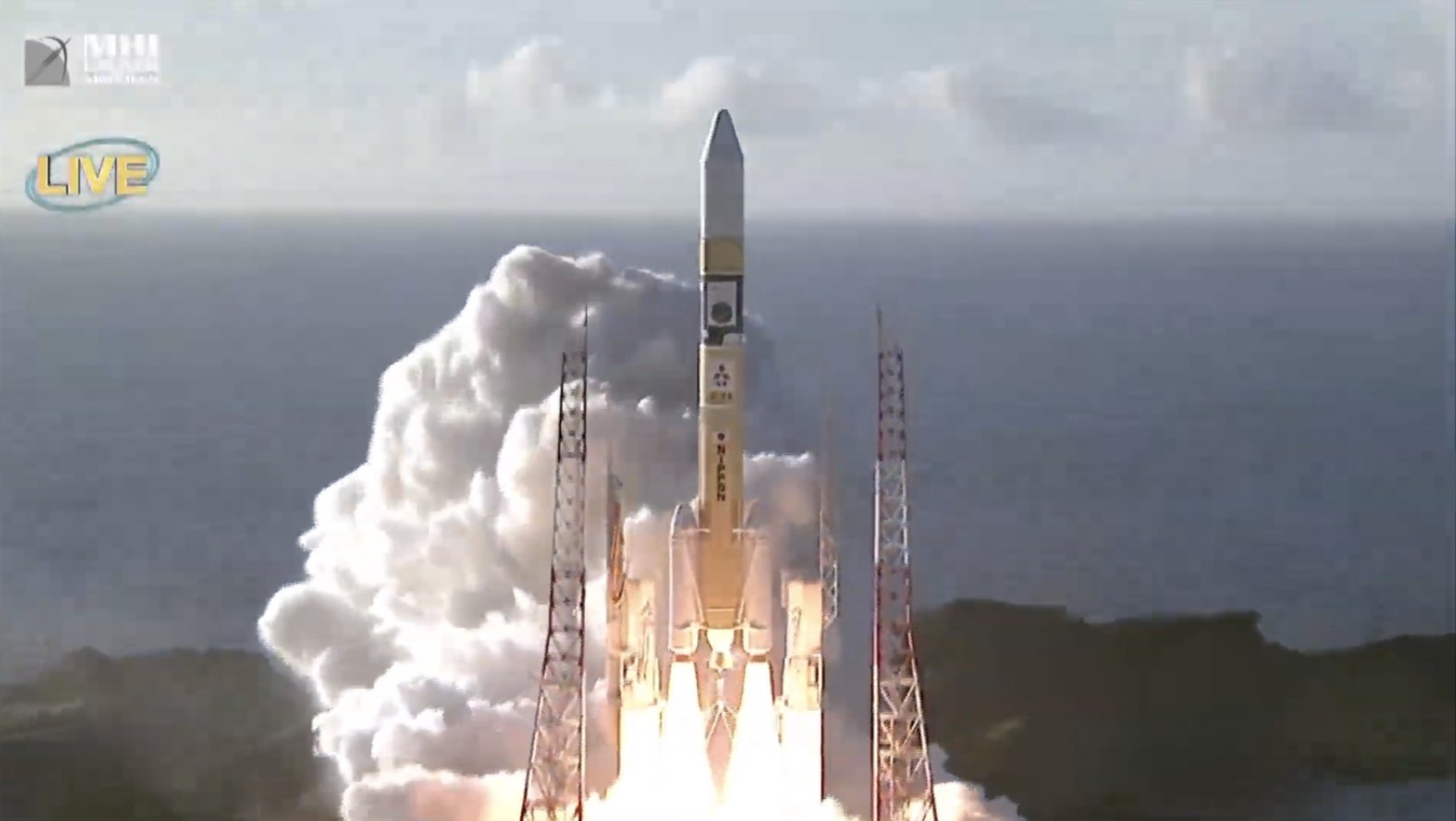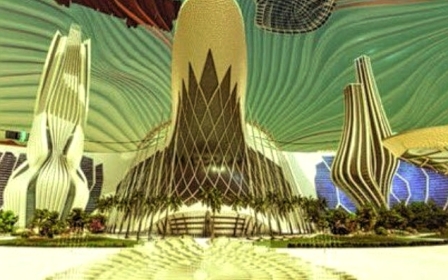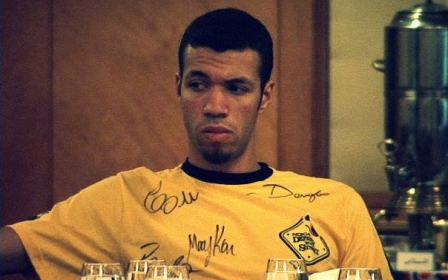Mission to Mars: UAE probe takes off to red planet

A rocket carrying a United Arab Emirates Mars spacecraft successfully launched on Sunday evening, as the Gulf nation became the first Arab country to attempt a mission to the red planet.
The Hope Probe lifted off from Japan's Tanegashima Space Center for a seven-month journey to the planet, where it will orbit and send back data about the atmosphere.
"We have launched the H-IIA Launch Vehicle No. 42 (H-IIA F42) carrying aboard the Emirates Mars Mission's (EMM) HOPE spacecraft," rocket manufacturer Mitsubishi Heavy Industries said in a statement shortly after the launch.
Five minutes after launch, the rocket carrying the probe was on course, carrying out the first separation of its flight.
New MEE newsletter: Jerusalem Dispatch
Sign up to get the latest insights and analysis on Israel-Palestine, alongside Turkey Unpacked and other MEE newsletters
The Emirati project is one of three racing to Mars, including Tianwen-1 from China and Mars 2020 from the United States, taking advantage of a period when the Earth and Mars are nearest.
In October, Mars will be a comparatively short 38.6 million miles (62.07 million kilometres) from Earth, according to NASA.
The Emirates Mars Mission has cost $200m, according to Minister for Advanced Sciences Sarah Amiri.
In a pre-launch briefing, Omran Sharaf, the mission's project manager said: "What is unique about this mission is that for the first time the scientific community around the world will have an holistic view of the Martian atmosphere at different times of the day at different seasons.
"We have a strategy to contribute to the global effort in developing technologies and science work that will help one day if humanity decides to put a human on Mars."
The UAE first announced plans for the mission in 2014 and launched a National Space Programme in 2017 to develop local expertise. Its population of 9.4 million, most of whom are foreign workers, lacks the scientific and industrial base of the big spacefaring nations.
It has an ambitious plan for a Mars settlement by 2117. Hazza al-Mansouri became the first Emirati in space last September when he flew to the International Space Station.
To develop and build the Hope Probe, Emiratis and Dubai's Mohammed Bin Rashid Space Centre (MBRSC) worked with US educational institutions.
Around an hour after launch, the probe will deploy solar panels to power its communication and other systems. The MBRSC space centre in Dubai will then oversee the spacecraft during its 494 million km journey at an average speed of 121,000 km per hour.
Middle East Eye delivers independent and unrivalled coverage and analysis of the Middle East, North Africa and beyond. To learn more about republishing this content and the associated fees, please fill out this form. More about MEE can be found here.




